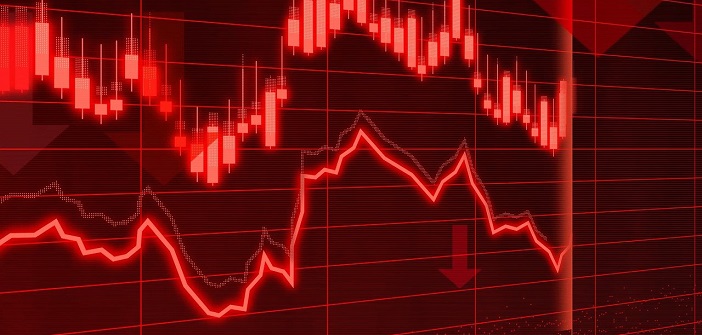The second wave of Covid-19 infections that Europe and the rest of the world are experiencing has surprised everyone by its magnitude, even those who were expecting it. The ECB was anticipating it, but that did not prevent it from initially being optimistic. Ultimately, it lowered its growth forecasts for 2021.
While the eurozone is expected to experience a recession of 7.3% in 2020, an unchanged forecast, it will ultimately see growth of only 3.9% in 2021, compared to the 5% initially anticipated. This is bad news as countries will begin to truly feel the effects of the crisis, with bankruptcies and repeated corporate restructuring.
Especially France, which managed to avoid major damage in 2020 by supporting businesses, but in reality, only postponed the inevitable.
Indeed, and it seems logical, the ECB is more optimistic than before for 2022, now expecting growth to reach 4.2% (1% more than previously expected), but it will drop to 2.1% in the eurozone in 2023.
As for inflation, it will be very low in 2020: 0.2%, a forecast revised down by 0.1%. However, inflation will increase in the coming years to reach 1.4% by 2023.


